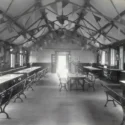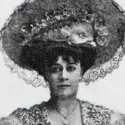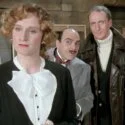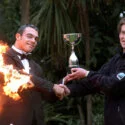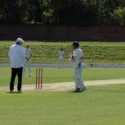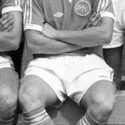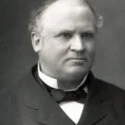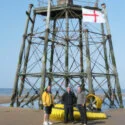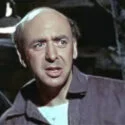Frank Victor Swift (26 December 1913 – 6 February 1958) was an English footballer who played as a goalkeeper for both Manchester City and the England national team. He began his football career at Fleetwood Town, close to his hometown of Blackpool, before joining First Division club Manchester City in 1932, where he spent the entirety of his professional playing career.
Tragically, Swift passed away at the age of 44 in the Munich air disaster while reporting on Manchester United’s European Cup match against Red Star Belgrade in Belgrade, Yugoslavia, for the News of the World. On 6 February 1958, during the return flight to Manchester, the plane carrying both the Manchester United team and a group of journalists stopped to refuel at Munich-Riem Airport amidst worsening weather conditions. After two failed attempts to take off due to engine trouble, the aircraft attempted a third take-off. However, the slush on the runway prevented the plane from reaching the necessary speed. The plane swerved off the runway and crashed into a nearby house. Swift, one of the 23 victims of the disaster, was one of two journalists to be pulled from the wreckage alive but sadly died en route to the hospital. The seat belt he was wearing had severed his aorta, leading to his fatal injuries.
Early career and 1930s successes
Born in Blackpool, Swift attended Revoe School, and a blue plaque in his honour can be found at Revoe Library. His first footballing club was Blackpool Gas Works, where he worked as a coke-keeper. He later had a brief stint at nearby Fleetwood, which led to interest from several Football League clubs. Among the potential suitors were Blackpool FC, where Frank’s older brother Fred played as goalkeeper, as well as Blackburn Rovers, Bradford City, and Manchester City. Manchester City were the first to offer him a contract, despite playing in the First Division, the highest tier of English football, for a transfer fee of £10. 10s 0d. Initially joining as an amateur in October 1932, the eighteen-year-old Swift became a professional just one month later, earning a weekly wage of ten shillings (50p). By December of that year, he had been promoted to the first team, despite having made only three appearances for the reserve side.
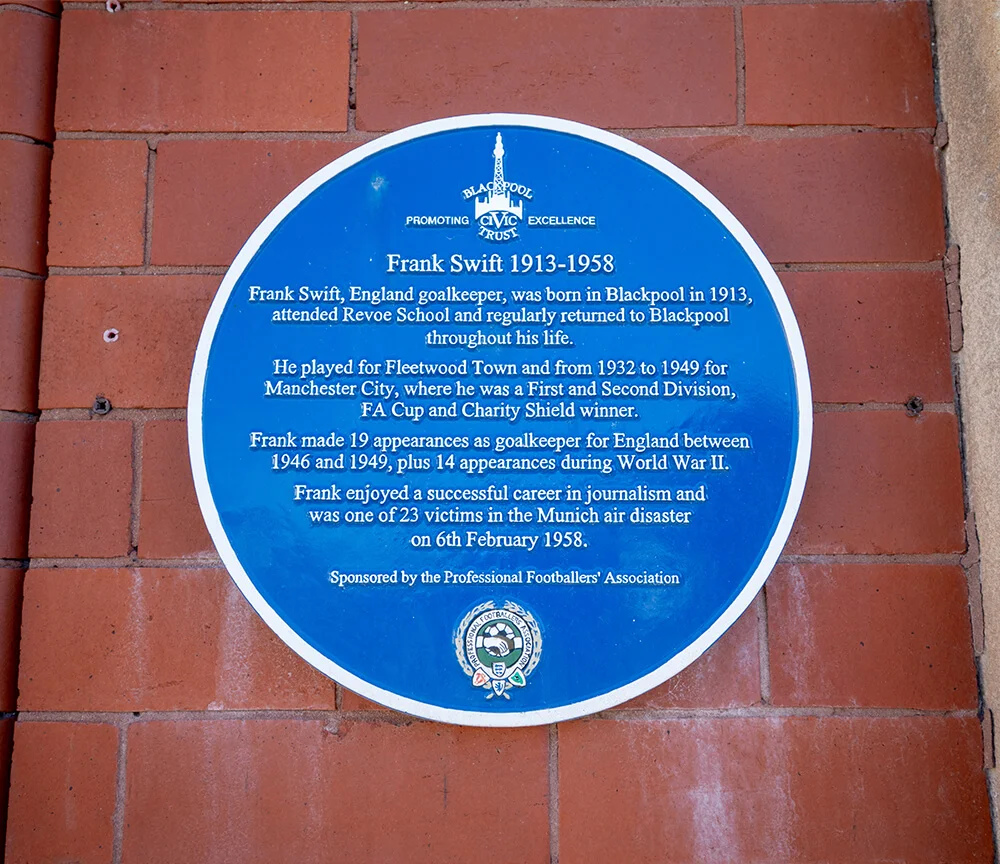
This plaque can be seen hanging at the Revoe Library entrance, close to where Frank Swift went to school. © Deeper Blue Marketing & Design Ltd
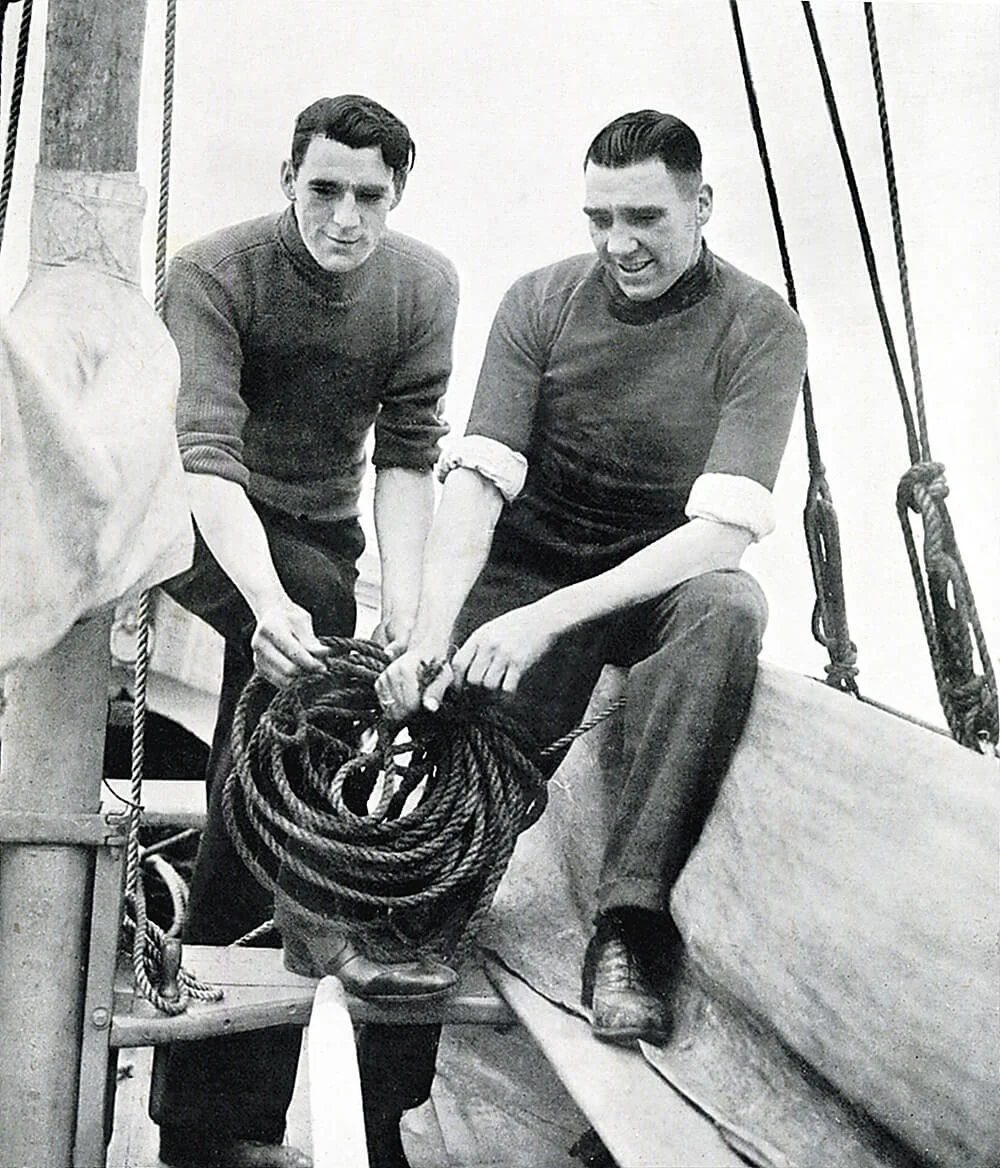
Famous football brothers, both goalkeepers, Frank Swift, Manchester City and Fred Swift, Bolton Wanderers, on their boat at Blackpool.
At this point, the goalkeeper position at Manchester City was unsettled. Len Langford had made over 100 appearances and had featured in the 1933 FA Cup Final, which City lost 3–0 to Everton. However, he missed the final match of the 1932–33 season and the opening fixture of 1933–34, before playing 18 consecutive League games. His time as City’s first-choice goalkeeper ended on 16 December 1933 due to injury.
James Nicholls replaced Langford for the next match, but he endured a difficult time, with Manchester City suffering an 8–0 defeat to Wolverhampton Wanderers. As a result, Swift was given his chance during the Christmas double-header against Derby County. In his debut at the Baseball Ground on 25 December, he conceded four goals, but in the return fixture the following day, on his 20th birthday, he kept a clean sheet in a 2–0 victory. Following his debut, Swift became a permanent fixture in the first team, playing in over 200 consecutive matches across more than four seasons. His only absence before the suspension of football due to World War II came in September 1938, when City were defeated 6–1 at home to Millwall in his absence.
Although Swift quickly established himself as a regular in the Manchester City starting line-up, his performances were not always flawless. In one of his early matches, against West Bromwich Albion, he conceded seven goals. This led Swift to fear he would not be selected again, but with Langford sidelined due to a knee injury, Swift retained his place.
Despite his inconsistencies, Manchester City were one of the stronger teams of the 1930s. In Swift’s first season, the club reached the FA Cup final for the second consecutive year. This era saw football attendance figures soar to unprecedented levels. During their cup run, Swift played in front of a record-breaking crowd of 84,569 spectators when Stoke City visited Maine Road, a record for an English club ground that still stands today. Additionally, a crowd of 72,841 attended Hillsborough during the Cup run, setting the stadium’s attendance record. City’s semi-final match, against cup favourites Aston Villa, ended in a resounding 6–1 victory, a record for an FA Cup semi-final.
In the final, Manchester City faced Portsmouth. Swift, the youngest and least experienced player in the team, felt nervous. As the pitch was wet, he was uncertain whether to wear gloves. When he saw Portsmouth’s goalkeeper, Jock Gilfillan, playing without gloves, he decided to do the same. Portsmouth took the lead in the first half through a shot from Septimus Rutherford. At halftime, Swift blamed himself for the goal and regretted not wearing gloves. To lift his spirits, forward Fred Tilson reassured him, saying he would score two goals in the second half. Tilson kept his promise, netting twice, with his second goal coming less than five minutes before the final whistle. A tense finish followed, with a photographer behind Swift’s goal offering regular updates on the time remaining. When the final whistle blew, Swift was so overcome with emotion that he fainted. He soon recovered to receive his winners’ medal from King George V, who sent a telegram the following Monday asking after his health.
The 1936–37 season began poorly for Manchester City, and they remained in the lower half of the table until December. Known for their attacking style rather than defensive solidity, the team struggled, at one point recording just one win in twelve matches. However, Christmas proved to be a turning point. Swift conceded five goals in successive matches on 19 and 25 December, but a Boxing Day victory against Middlesbrough marked the start of an unbeaten run. By April, City had climbed to second place in the league, and they faced league leaders Arsenal in a crucial match. Inspired by Peter Doherty, City won 2–0, propelling them to the top of the table. The unbeaten streak continued until the end of the season, and City clinched their first league championship with a 4–1 victory over Sheffield Wednesday. Swift’s long clearance, which led to City’s third goal, was noted for the remarkable distance he was able to send the ball.
In stark contrast to the championship-winning season, the 1937–38 campaign was filled with disappointment. Despite several high-scoring victories, including two 7–1 wins, City struggled to find consistency. On the final day of the season, the club faced Huddersfield Town, knowing that a win would secure their survival. However, a 1–0 defeat, coupled with victories for the teams below them, saw the reigning champions relegated to the Second Division, despite having scored more goals than any other team.
After a period spent serving as a director for a local catering company, Swift turned to a career in journalism, most notably with the News of the World. He continued to be a regular visitor to Maine Road, eventually becoming the president of the Supporters’ Club.
A tribute to Swift at the Manchester United Museum
Swift is widely regarded as one of the greatest English goalkeepers of all time, alongside Gordon Banks and Peter Shilton. He is often considered one of the finest players ever to have graced the English Football League. His successor at Manchester City was the club’s own goalkeeping legend, Bert Trautmann.
In 1998, Swift was honoured as one of the Football League’s 100 Legends, celebrating 100 seasons of league football in England. He was recognised alongside fellow Manchester City icons Billy Meredith, Colin Bell, and Bert Trautmann. Additionally, he has been inducted into the Manchester City Hall of Fame.
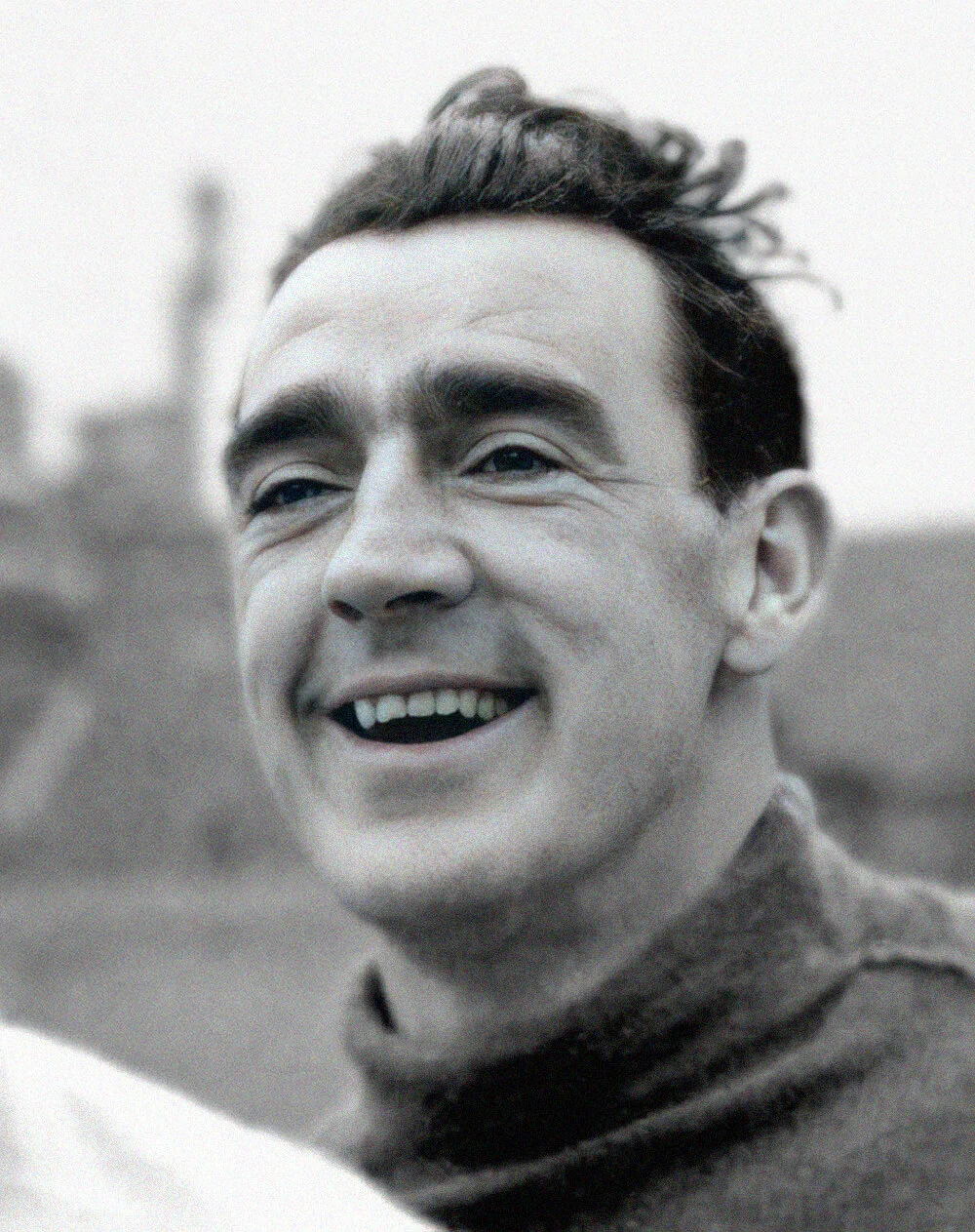
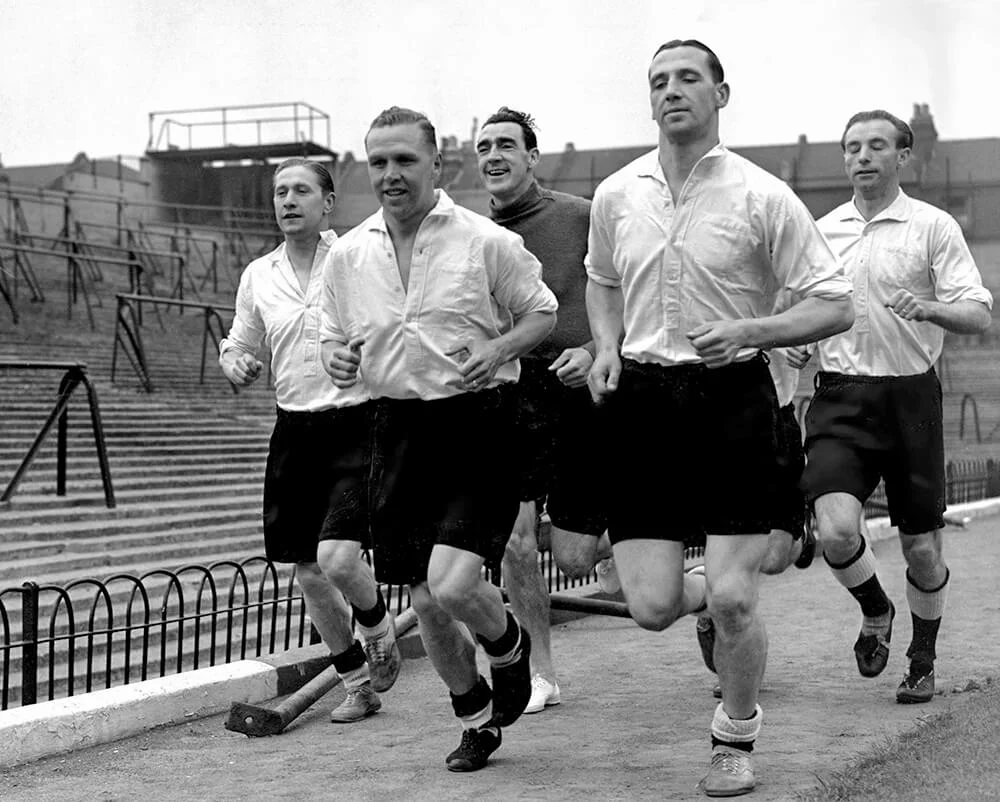
England football players loosen up at Highbury in preparation for their match against Italy. From Left to Right are Stanley Mortensen (Blackpool), Laurie Scott (Arsenal), Frank Swift (Manchester City), Tommy Lawton (Notts County) and Stanley Matthews (Blackpool). 10th May 1948
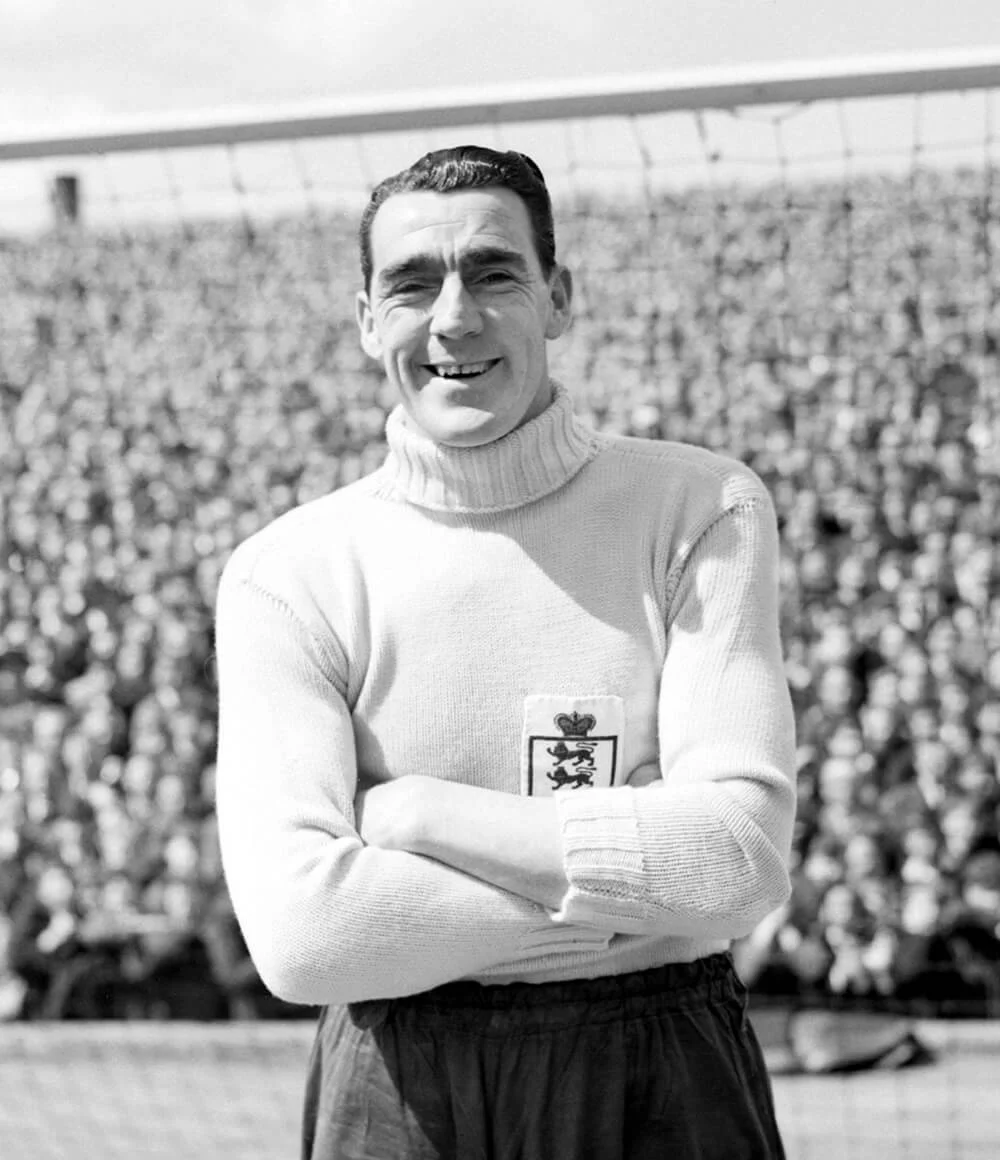
Manchester City and England goalkeeper Frank Swift. Swift died in 1958 as a result of injuries received in the Manchester United plane crash in Munich. Swift was travelling with the team to report on their match in Belgrade.





